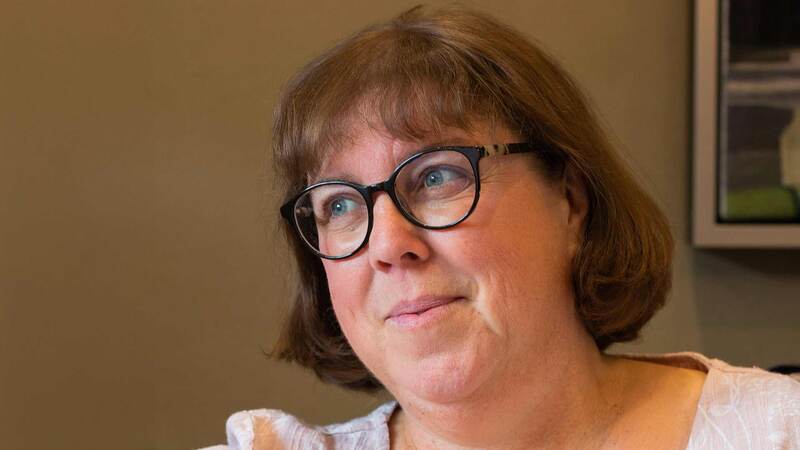You are viewing your 1 free article this month. Login to read more articles.
How to not be scared of sci fi
One of the most common absences in the reading galaxy of an otherwise well-rounded reader is that cluster of novels that fall under the banner of science fiction.
For reasons that are not entirely clear, the term has the capacity to send a chill down the spine. Perhaps it conjures images of aliens, spaceships and intergalactc warfare – with no human hearts in the throng. Perhaps the non-sci-fi reader is unable to see how unreal worlds could possible relate to the world outside their own door.
Or perhaps readers are put off by an umbrella term that fails to communicate the range and quality of the genre. Instead of science fiction, think of 'speculative' fiction as Margaret Atwood once put it – fiction that explores the possible directions in which the human race could go.
Writers of speculative fiction have famously predicted our present: Ray Bradbury, Arthur C. Clarke and John Brunner all envisaged the gadgets of today, fifty years ago. The writers of such fiction now will predict, and in some ways shape, our tomorrow – and continue to serve as any early warning system.
Think, for instance, about how literature has pointed to the dangers of genetic engineering (Oryx and Crake), bio-engineering (The Day of the Triffids) and social engineering (Nineteen Eighty-Four). If, as readers, we consider ourselves students of what it is to be human, shouldn't we be as interested in our future selves as we are in our selves of the past?
In many ways, sci-fi is a natural progression form the magical worlds we inhabited as children. Speculative fiction opens up parallel universes to which we can escape and exercise our love of all things beyond our ken. Close off these speculative worlds at your peril.
The 10 Best Novels for Sci Fi Beginners
The Hitchhiker's Guide to the Galaxy by Douglas Adams
The Year of the Flood by Margaret Atwood
The Drowned World by J.G. Ballard
Neuromancer by William Gibson
Brave New World by Aldous Huxley
Never Let Me Go by Kazuo Ishiguro
A Wrinkle in Time by Madeleine L'Engle
The Left Hand of Darkness by Ursula K Le Guin
Nineteen Eighty-Four by George Orwell
The War of the Worlds by H.G. Wells
The Novel Cure: An A-Z of Literary Remedies by Ella Berthoud and Susan Elderkin is published by Canongate.
You might like:
Margaret Atwood on whether silver outfits on a book jacket make it ‘science fiction’













